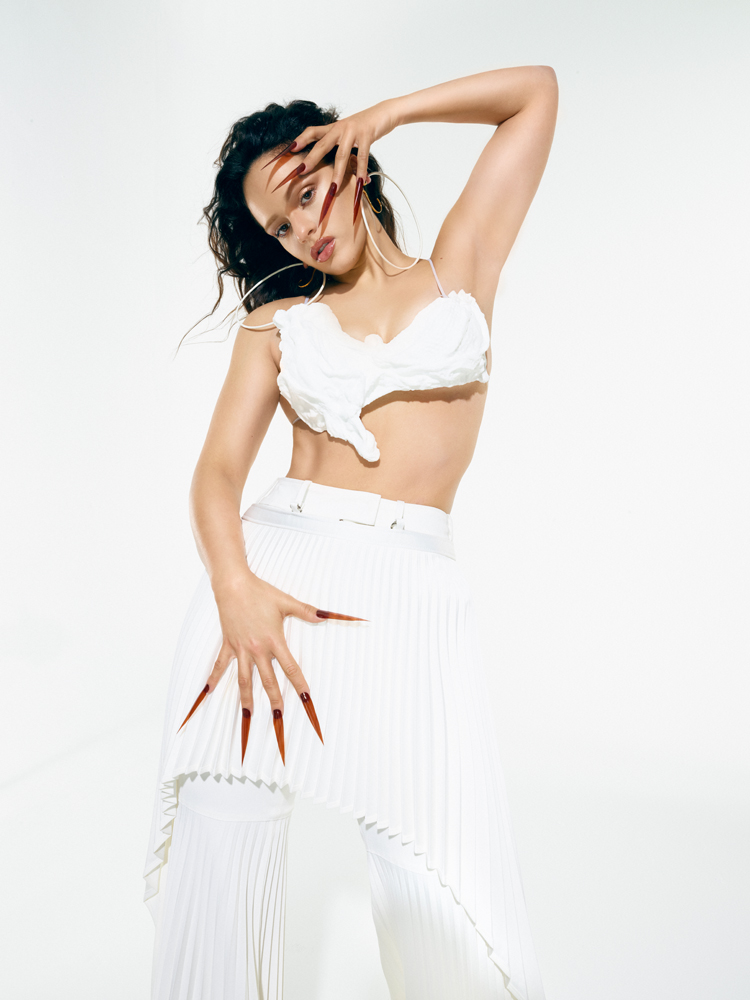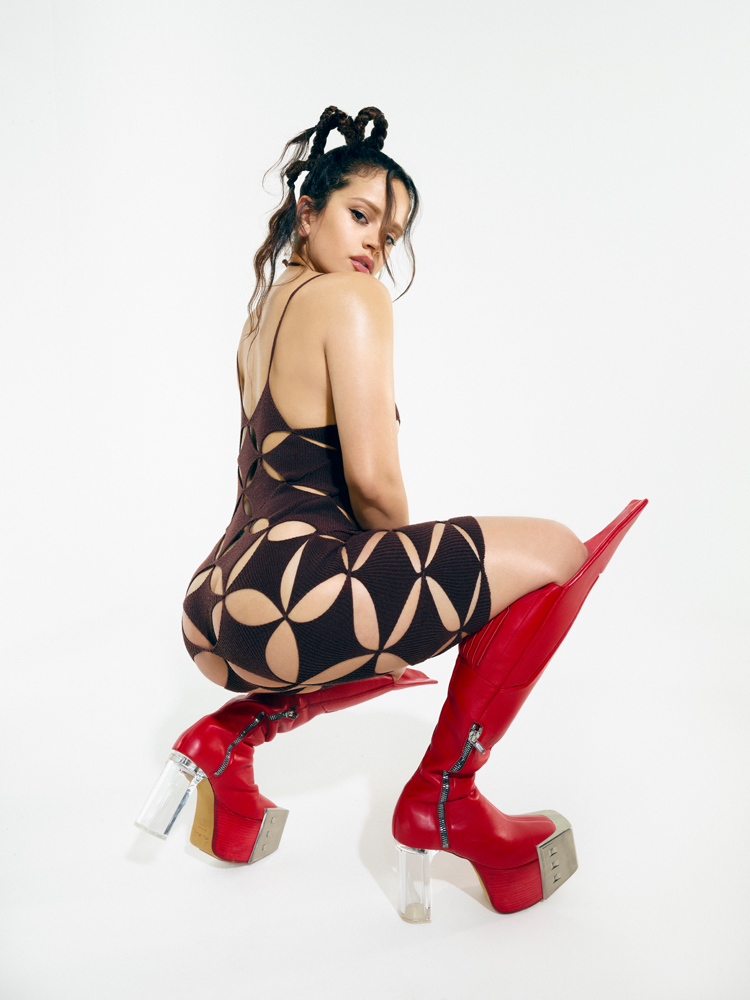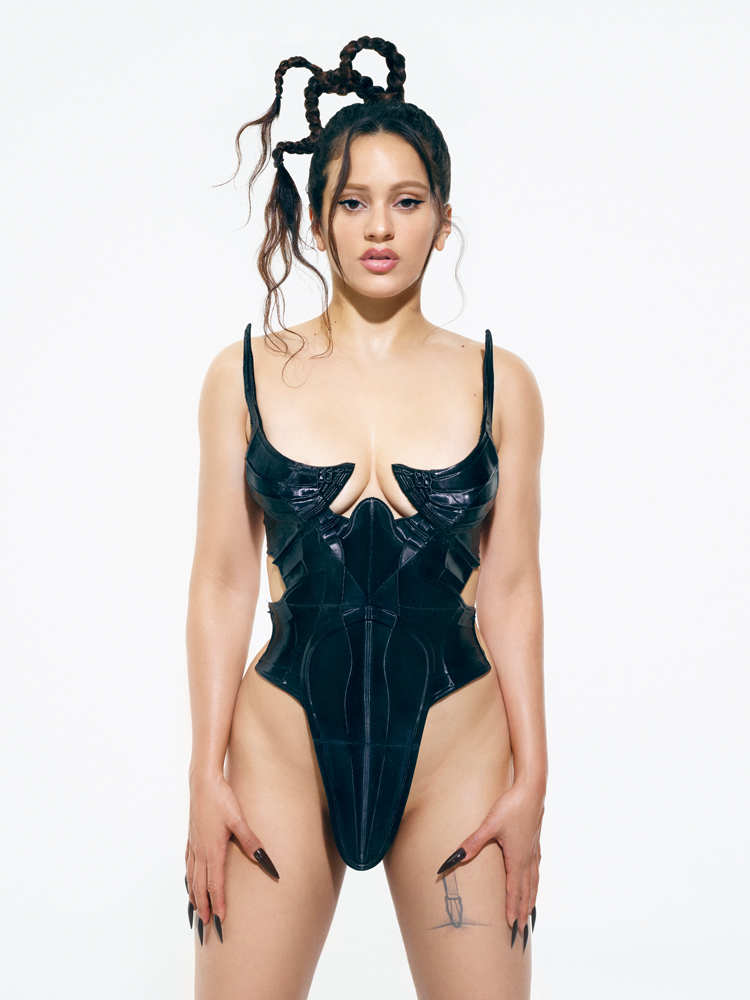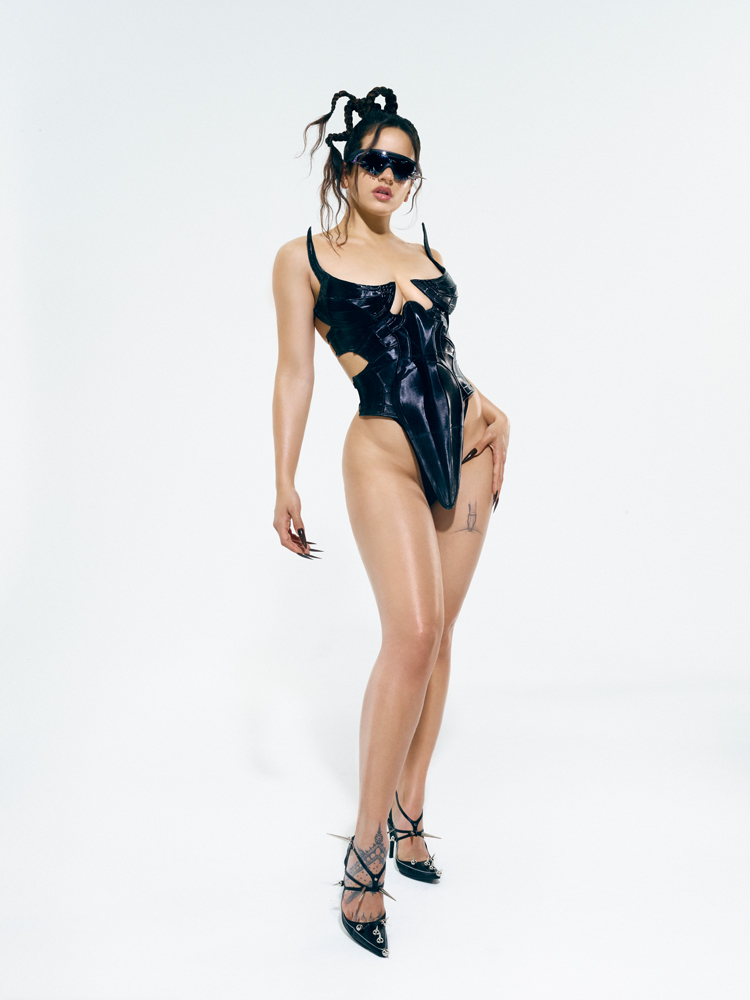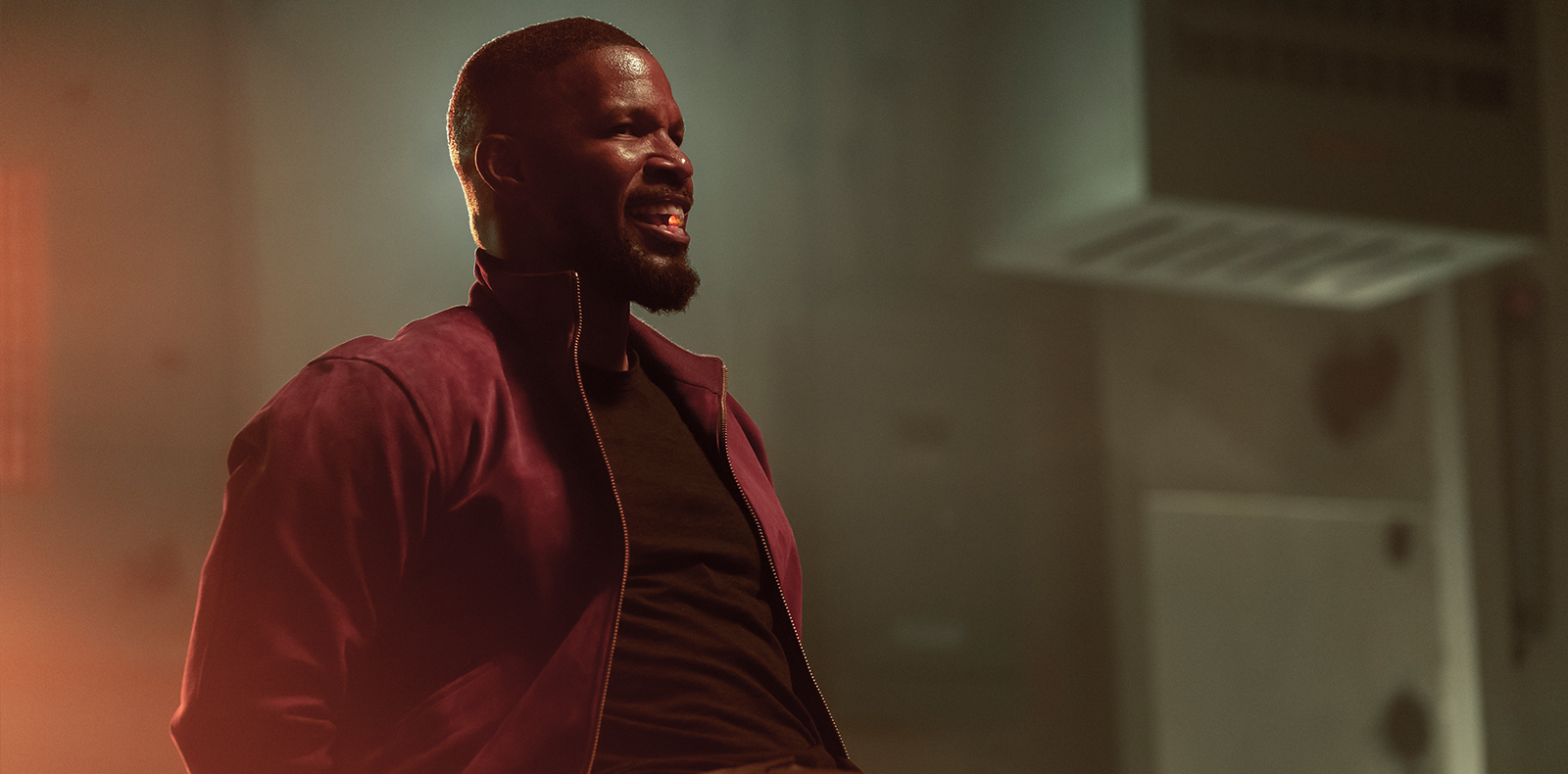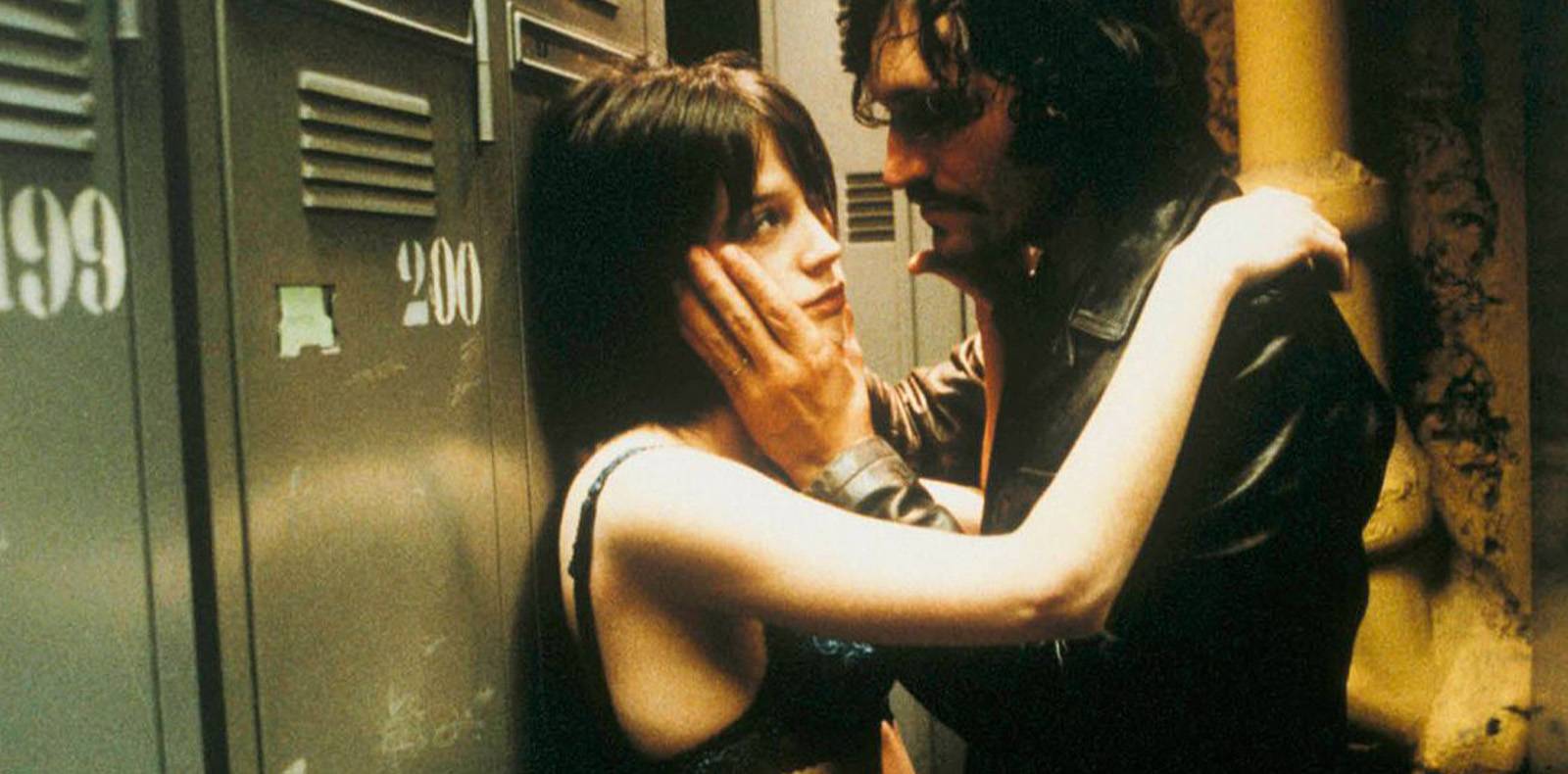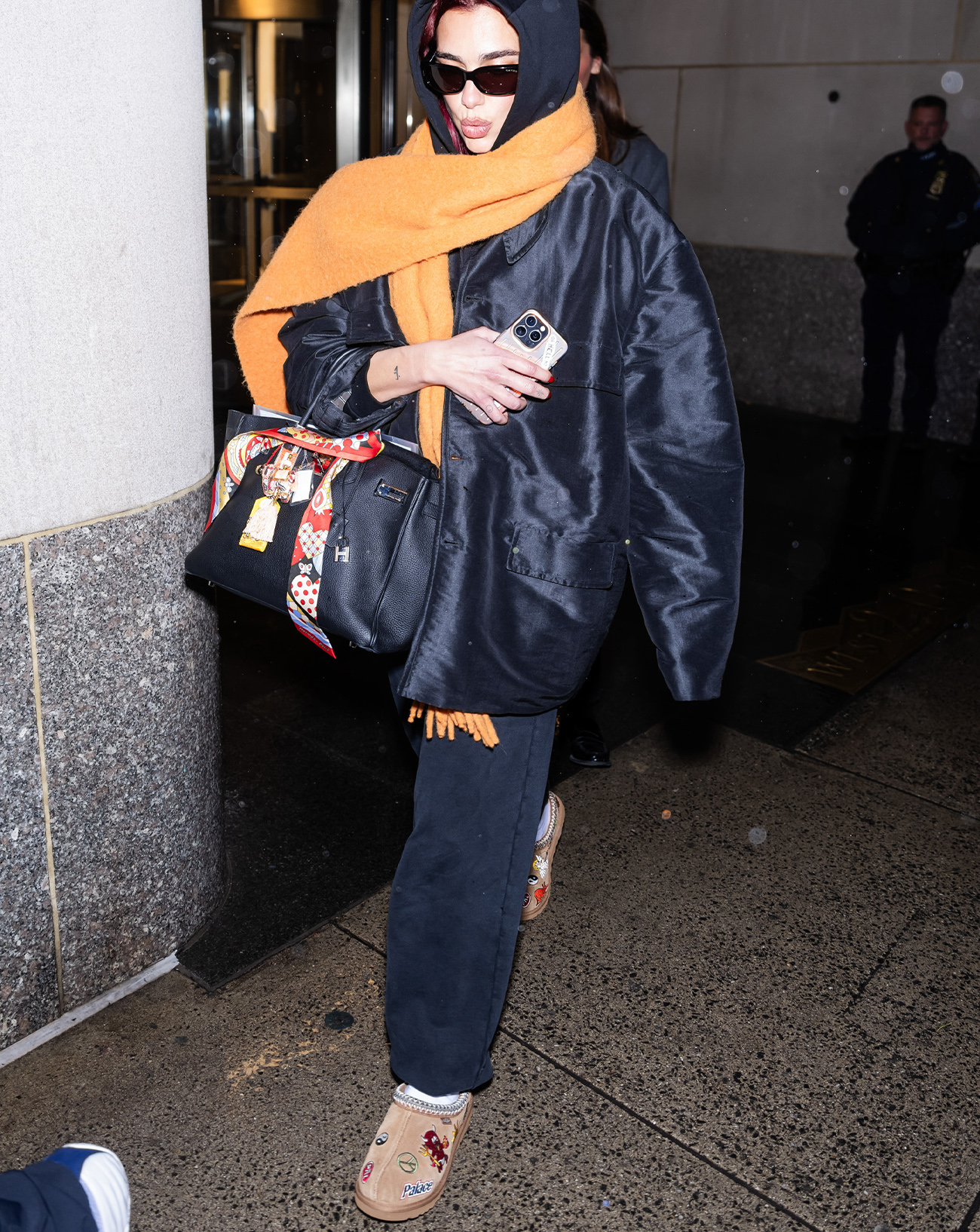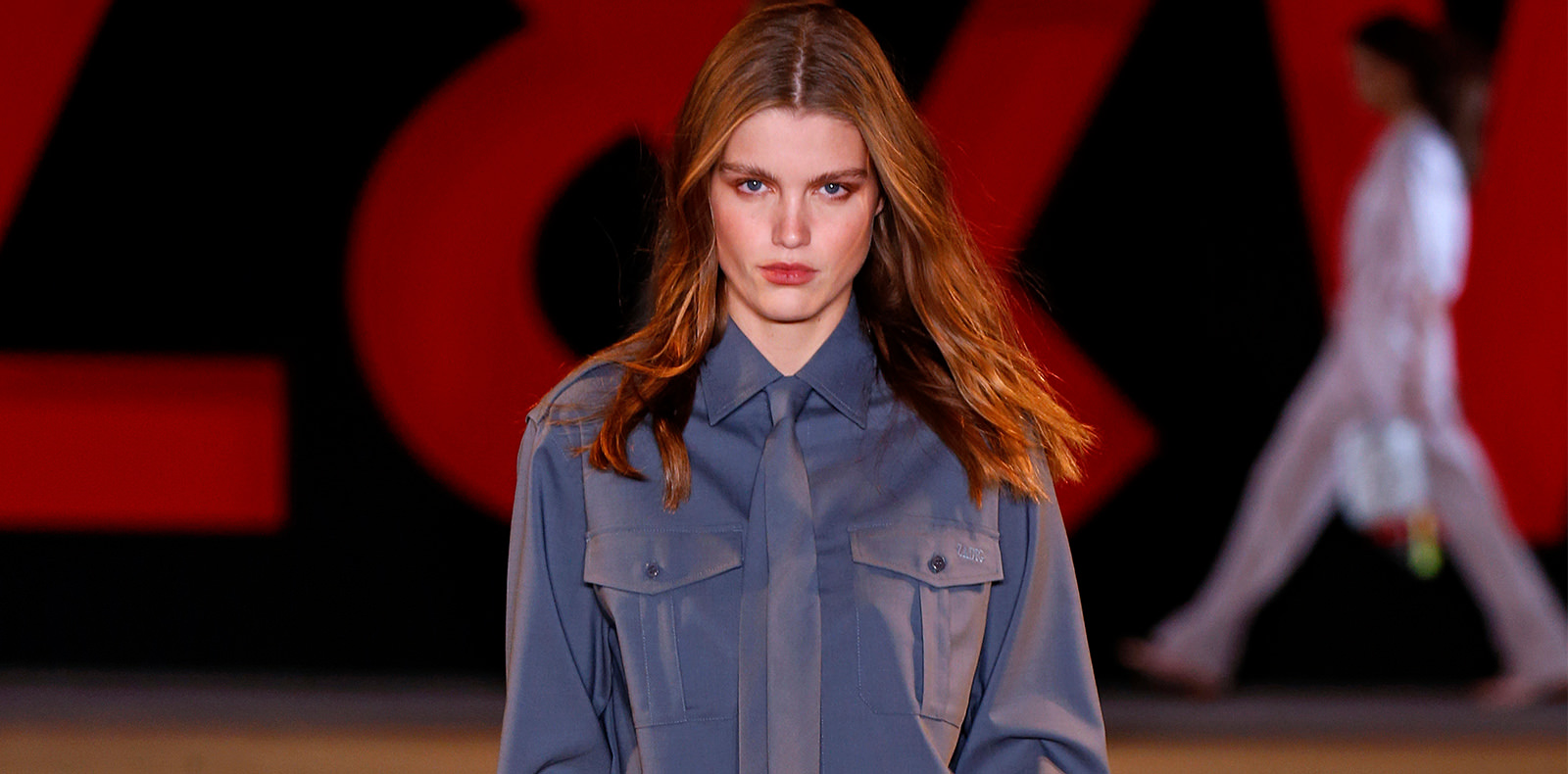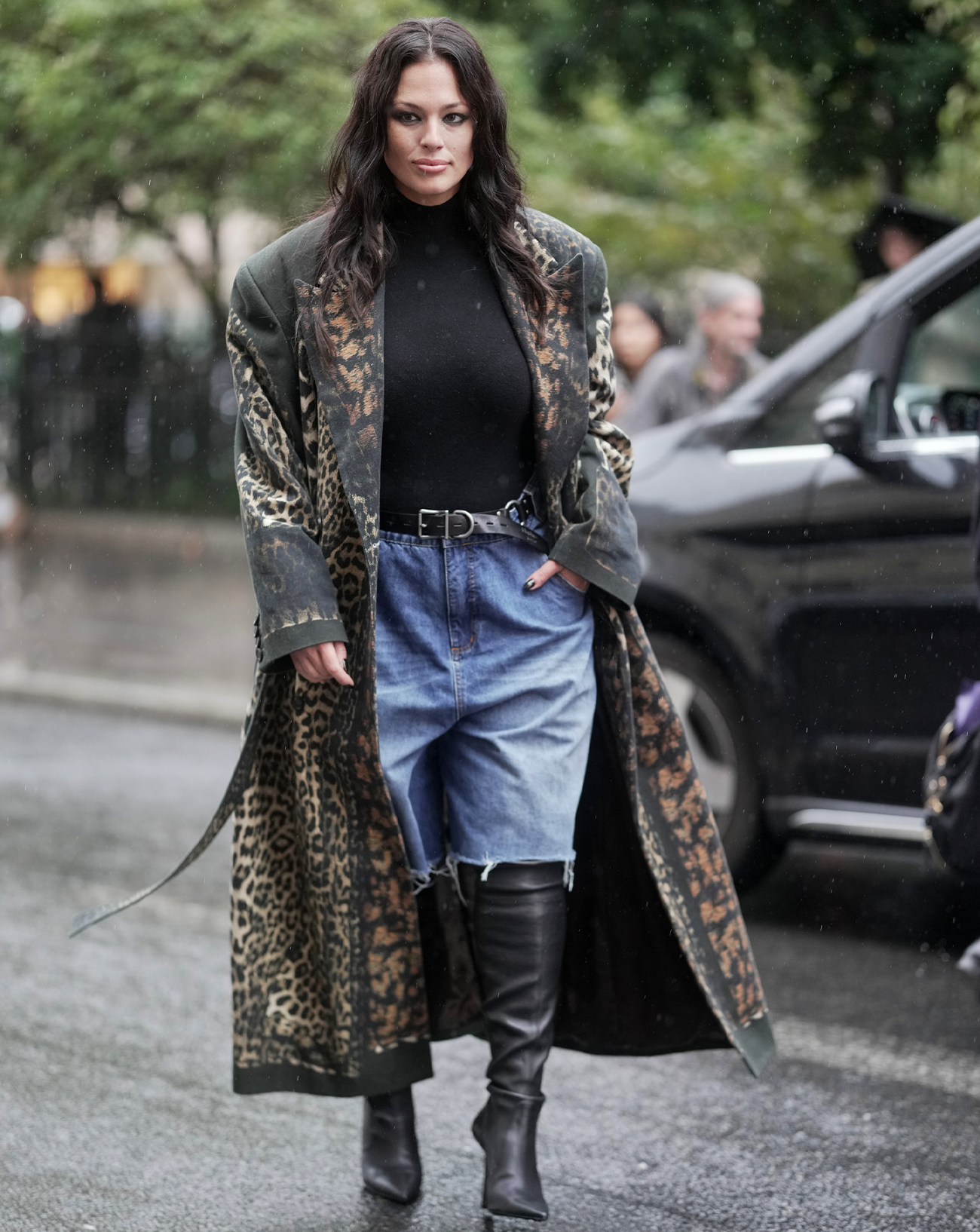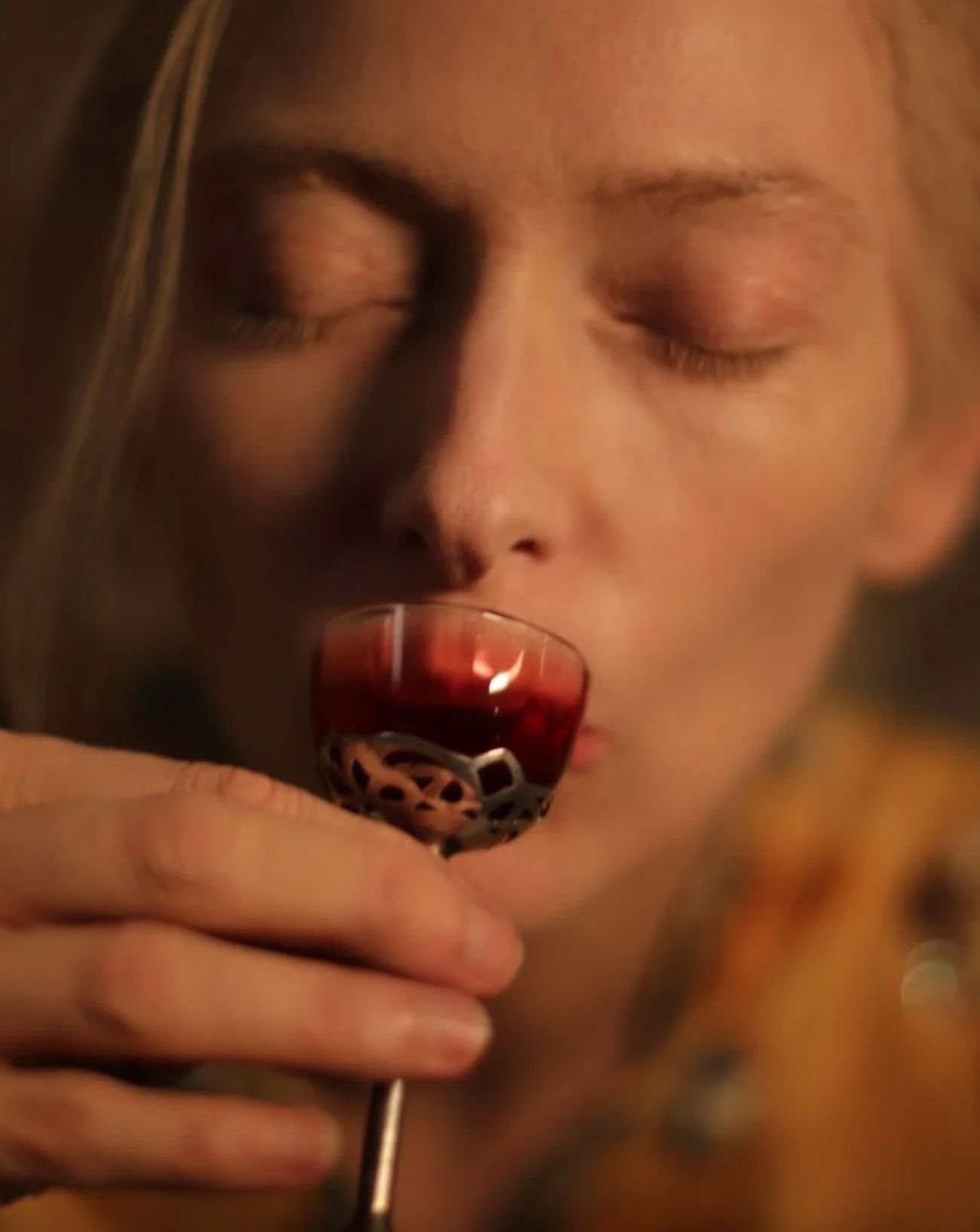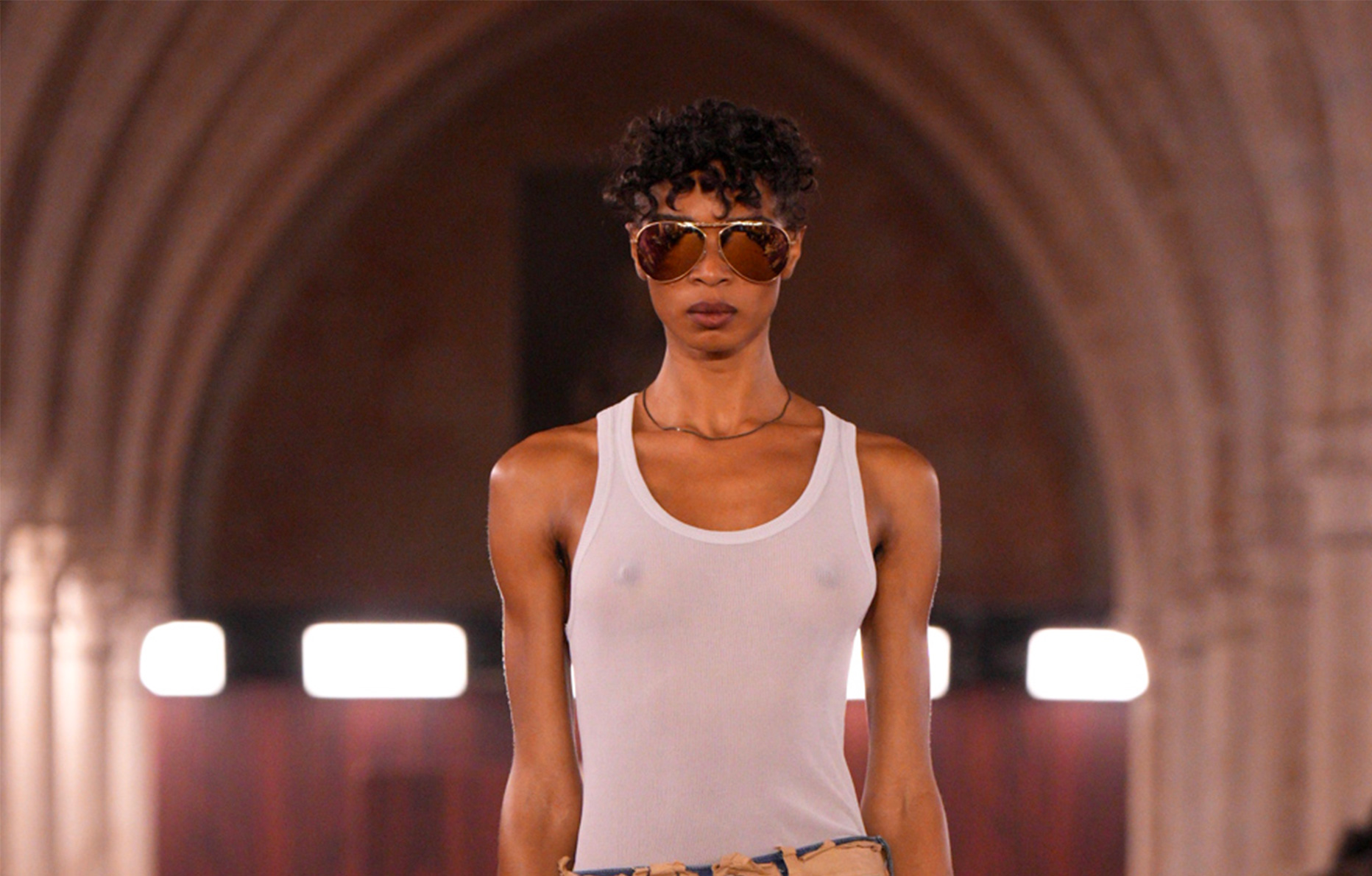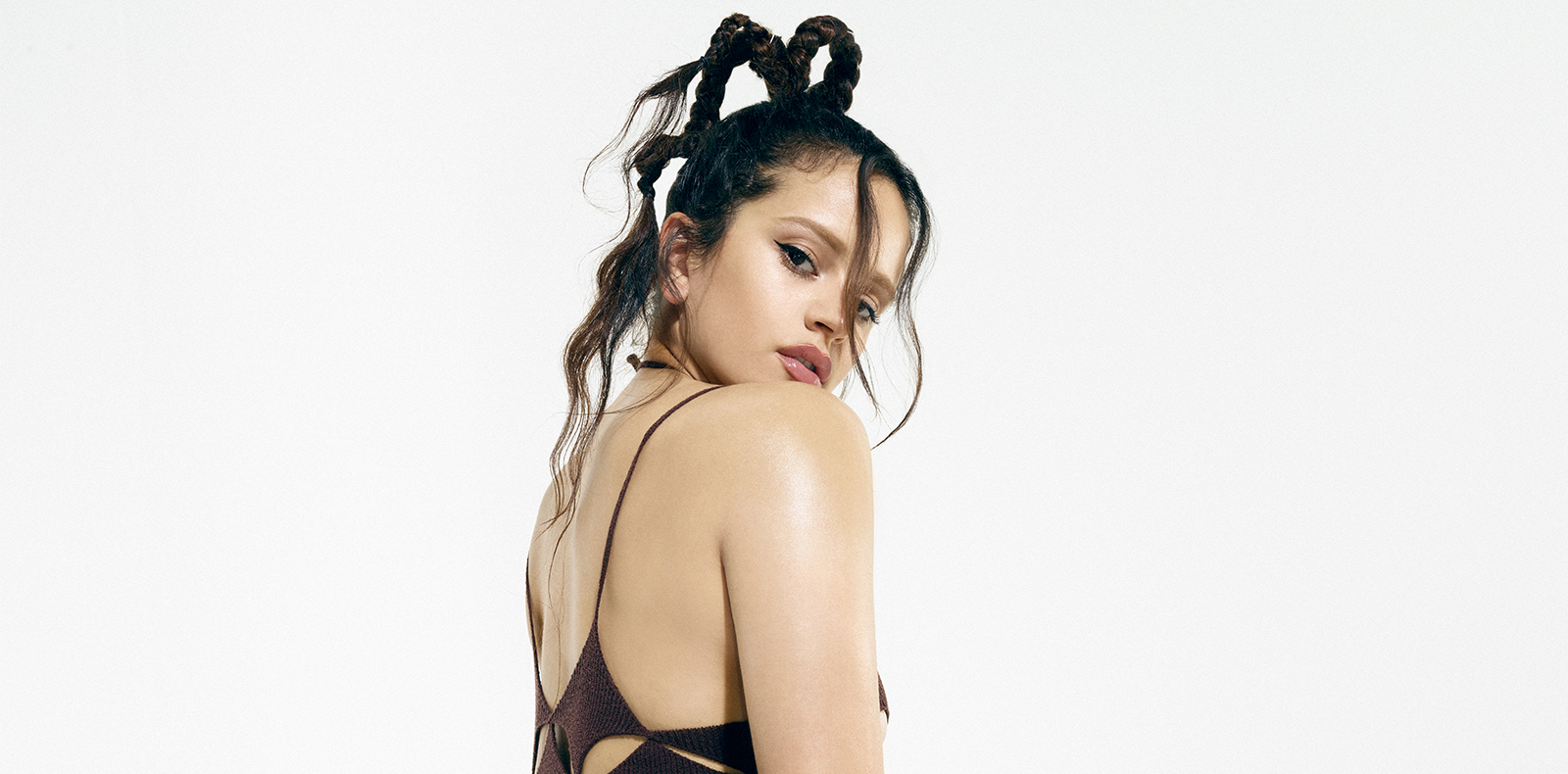
23
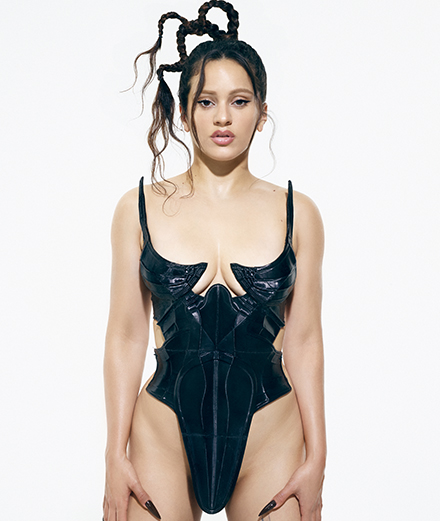
23
3 things to know about Rosalía’s new album Motomami
The captivating and lyric 29-year-old Spanish singer released her new album Motomami on Friday 18th of March. A mix of genres, nationalities, and space-times, that confirms her unique and mesmerizing style from the first notes. Let’s have a look behind the scenes of this already bold and major mutant pop music piece, imbued with both flamenco and reggaeton influences.
Par Violaine Schütz.
1. An album nurtured with uncertainty
After her ambitious epic and romantic second album El Mal Querer (2018), which triggered an unpresented commercial success and enthusiasm from the critique, Rosalía’s comeback was longed-for. Will the Spanish avant-garde vocalist who fuses flamenco with modern pop renounce to the bold mix of genres she is known for to reinvent herself? How could she push her wild artistic approach even farther than with her previous albums? In order to reach the level of the fascinating patchwork universe of her former tracks, Rosalía spent two entire years recording this third opus in Los Angeles for most of the time. The mixing process alone took her over nine months. Throughout the different lockdowns, the songwriter and composer suffered from the blank page syndrome and tried to overcome it by meeting Frank Ocean in a New York studio. She also reached out to the famous producers from The Neptunes, Pharrell Williams and Chad Hugo, to help her work on her album – which, given the outcome, was a brilliant idea.
2. Diving into intimate topics
Motomami is one of Rosalía’s most personal albums so far. It tackles deep and intimate topics such as sexuality, feminism, grief, change, spirituality, self-respect, and isolation. During her interview with Apple Music 1, the Spanish singer describes it as a self-portraying “concept-album”. Collaborating with Billie Eilish, then with the Weeknd on the track La Fama (included in her album), she then decided to name her new opus Motomami (“moto-chick”) as an embodiment of two different energies. According to the artist, the album explores two very distinct aspects of her personality – Moto suggests her experimental, sparkling, antagonistic side, while Mami translates her authentic and solemn self, her vulnerability. A way to confirm that Rosalía is a female artist, who encompasses every obsession of her generation. The album’s title also pays tribute to the Barcelona-born singer’s mother, Pilar Tobella. The latter is a sort of Catalan Kris Jenner at the head of Motomami S.L., a company that represents artists. As for her creative process on this album, Rosalía compares herself to New York designer and king of counterfeit Dapper Dan and his tendency to always mix things up. Strong characters and muses have nurtured Motomami as well, like salsa singer Héctor Lavoe, Nina Simone, Patti Smith, Bach, Michèle Lamy, Andreï Tarkovski and Pedro Almodóvar – who gave her a part in his last film Pain and Glory (2019).
3. An unbounded mix of genres
In an interview with the New York Times, Rosalía explains that she wanted to hear sounds she had never heard before. It is what guided her throughout the conception of her unpredictable new album. Alongside different producers, the singer assembles many genres, such as pop, flamenco, hip hop, indus, electronics, champeta (a Columbian music genre invented by the Afro-descendant communities living in the marginal neighborhoods of Cartagena de Indias), bachata (a dance music born in the Dominican Republic), jazz and, above all, reggaeton. Back to her roots, she drew her inspiration from the Latin music she used to dance to with her cousins as a kid, but also experiment with Japan – Chicken Teriyaki is one of her new tracks – and with English speaking countries. The whole mix gives birth to a mutating aesthetics stemming from both the past and the future. In a single wave of her clawed hand, she navigates between playful and melancholic atmospheres, never ceasing to experiment with sound treasures… and without forgetting about the art of catchy toplines. A challenge that poses the Catalan singer as the younger sister of visionary artists like Björk, M.I.A and Madonna.
Motomami (2022) by Rosalía, available on every music platform.






